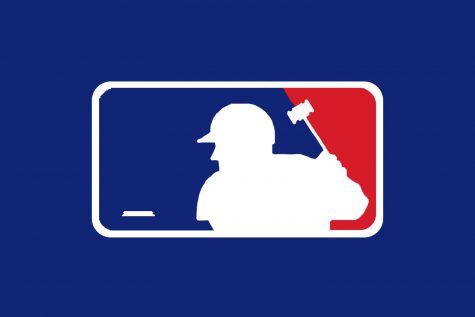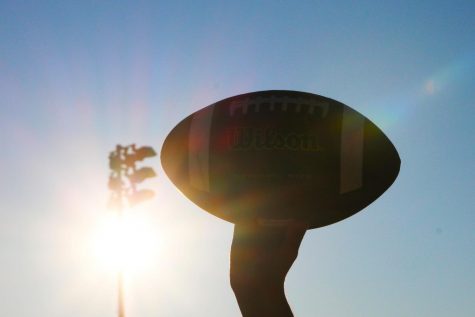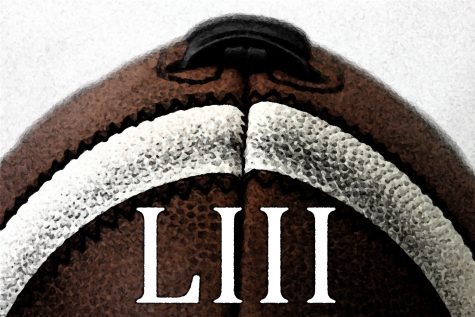NCAA sanctions Penn State, punishment legitimate
Following the investigation and trial of Jerry Sandusky, which resulted in conviction on 45 of the 48 counts tried in court, NCAA leaders met to decide what action to take against Penn State. They focused on the inaction of the late former head coach Joe Paterno, who knew of the incidents but did not act in the proper manner or timing.
The day before the NCAA was due to announce its ruling, Penn State leaders announced their decision to remove the statue of Joe Paterno from the entrance to Beaver Stadium. They said the statue was a divisive symbol between the successes of the university under Paterno and its failures revealed in the Sandusky case.
That choice did nothing to lighten the NCAA’s punishment. College athletics’ governing body declared that Penn State, effective this season, will serve a four-year bowl ban, pay $60 million in donations to child help charities and cut the number of scholarships available to prospects over the next few years.
In addition, the NCAA vacated all of Penn State’s football victories from 1998 to 2011, which includes 111 wins and also wipes them from Paterno’s record. This sanction stripped Paterno of his record for most wins as a head coach in all NCAA history. Penn State players have the option to transfer without losing eligibility.
Penn State accepted the sanctions knowing the NCAA could have levied more severe penalties, including the dreaded “death penalty,” when the offending program is banished from participation for a year. I stand that the NCAA was right in handing down the sanctions they gave. Even if the punishment seems to punish the players not involved in the program, they can transfer without losing a year of eligibility.
The NCAA had to do something. Forty-five proven crimes took place in Penn State facilities on Penn State coaches’ time. One coach, Mike McQueary, even witnessed one such incident, but did not tell the police. He reported to Paterno, who in turn reported to higher-ups instead of State College authorities. These were men with the power to stop a crime from repeating itself, but turned a blind eye and a deaf ear.
The program should also accept punishment because the Penn State football program facilitated those 45 crimes. The players had no involvement with the incidents, but those who ran the program and, in part, the school, had everything to do with the case. As such, even if the violations did not directly impact college football, these violations happened through a college football program. The NCAA made a correct statement in saying that they do not tolerate crimes committed through college sports programs because the program is just as guilty for letting it happen.
A quote from Irish statesman Edmund Burke comes to mind to summarize this mess: “All that’s necessary for the forces of evil to win in the world is for enough good men to do nothing.” Enough good men had a chance to stop this travesty. One good man was enough to step up and say “no” and end this unfortunate process. One good man was enough to stop Jerry Sandusky from committing a crime against these young boys who have since grown up into adulthood more familiar with the case than I could ever be.
All it took was one good man, but all the good men in this ordeal turned from the cries for help. It is for that reason the NCAA was right to punish the program these good men served. If only one of them said “no” 14 years ago, no one would have realized this tragedy.

I am Trevor Ferril, senior and associate editor for this year’s Eagle’s Tale staff. This will be my third and final year on staff and my second as an editor. Right now, my interests include most of my classes, mafia (the game), videogames, music,...










